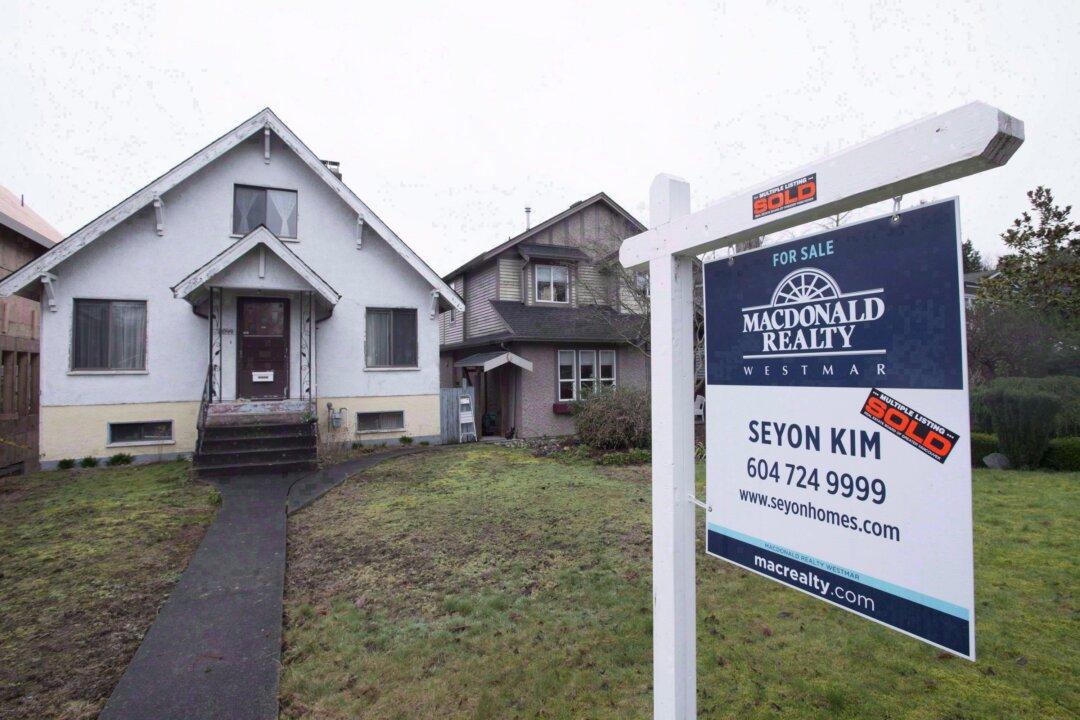Investors make about a quarter of real estate purchases in British Columbia, according to new numbers released by Statistics Canada.
The report called Investors among residential real estate buyers: An analysis of Nova Scotia, New Brunswick, and British Columbia, was released on Dec. 3. It looked at the role investors play in the housing markets of the three provinces using statistics gathered from 2018 to 2020.





